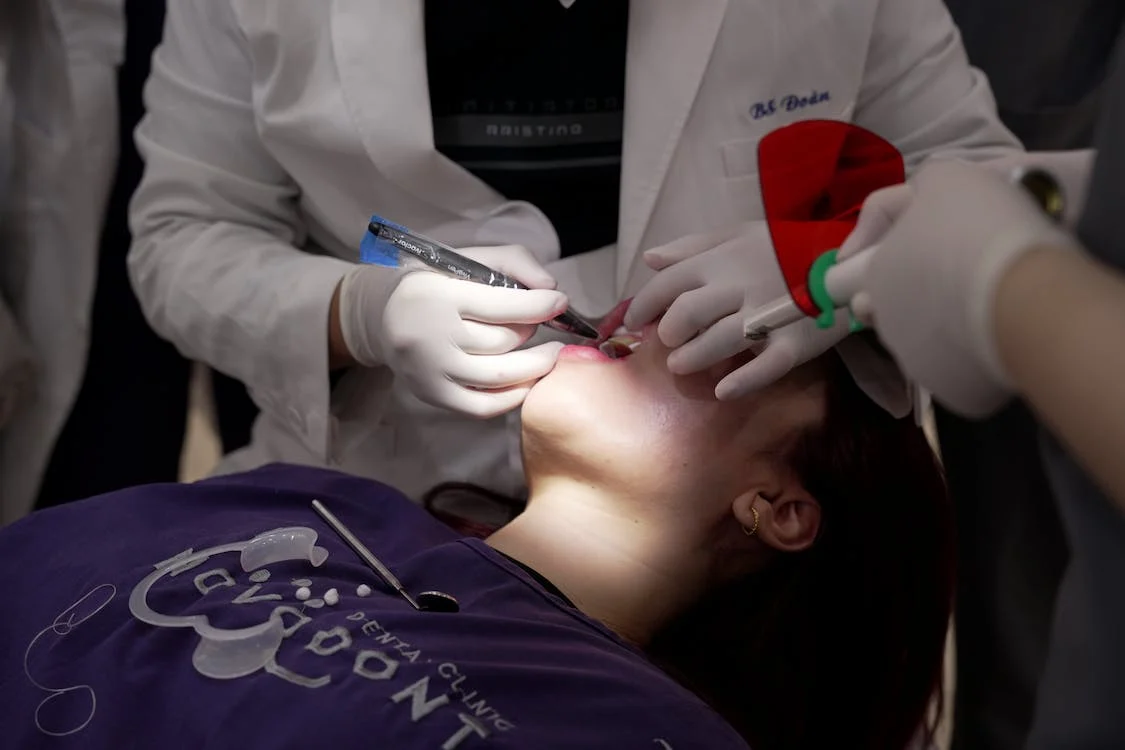Most (if not all) people recognize that smoking is dangerous for one’s health. However, only a few understand the depths of its impact on the human body. A cosmetic dentist in Fort Lauderdale recommends doing research on the effects of smoking that go beyond the impact on the lungs.
Regular or extensive smoking can lead to many chronic ailments, including heart problems and asthma, as well as cancers around the lungs, throat, kidney, bladder, and stomach. Studies indicate that more people die because of smoking compared to HIV, tuberculosis, homicides, car crashes, or even all of those combined.
Effects on oral health
Did you also know that smoking contributes to the development of dental problems? Smoking stains your teeth, causes bad breath, and affects your ability to taste food. Do it long enough, and it can also change your body’s ability to heal itself and fight infections, whether it is from the common cold or while recovering after surgery.
The effects of smoking are not just skin-deep or superficial. The risk of infection and irritation increases whenever you smoke. Other than causing the inflammation of gums, smoking can also affect the structure of your jaw bone. Tooth decay and loss are also common occurrences for chronic smokers.
Even exposure to second-hand smoke can affect the people around you. Studies conducted on four-month-old infants revealed that living with someone who smokes doubles their chances of developing tooth decay.
If you have children, simply making an effort to quit smoking is already a step in the right direction. Doing so improves the chances of you and your family leading a healthy life and having strong teeth and gums.
What not to do
Contrary to popular belief, switching to smokeless products such as chewing tobacco leaves will not help you quit smoking. Such products are not safer for your health, either. Tobacco products alone contain a minimum of 28 different substances.
Snuffing or chewing tobacco increases the possibility of developing respiratory diseases and oral cancers rather than reducing it. People may be surprised to hear that tobacco contains more nicotine than a stick of cigarettes.
There are other reasons why smokeless tobacco products are not a healthier alternative to smoking tobacco. For one, manufacturers bulk up the flavor by adding sugar. Studies indicate that people who chew tobacco are four times more likely to have tooth decay than smokers.
Switching to e-cigarettes is not recommended, either, as the sticks work by heating up liquid nicotine that the smoker inhales. Medical professionals say that not only does this contribute to dry mouth, but it also raises the temperature inside the mouth. The temperature increase makes the mouth a more viable environment for some forms of harmful bacteria.
Similar to chewing tobacco and other smokeless products, e-cigs could also contribute to dental decay, inflammation of the gums, infection, and bone loss. With these conditions, it would not be surprising if your dental and general health gets worse and not better.
How to reverse the damaging effects
As dire as the repercussions may sound, there is hope for chronic smokers who want to quit. But quitting by yourself is an immense challenge. You will need the help of many parties, including professionals such as dentists, to get you through the process.
If you are ready to choose the path toward achieving better oral and overall health, a specialist in wisdom teeth removal in Fort Lauderdale (among others) reveals some of the steps you need to take:
1. Set a date – Prepare yourself physically, mentally, and emotionally by setting a day when you will begin your efforts to quit smoking.
2. Seek help – Quitting is an immense challenge. Let your family and friends know what you are planning to do. They can provide you with the love and support you need during this time.
Schedule visits to your dentist, doctor, psychologist, and other professionals. These medical professionals can give you an overview on what to expect, recommendations on what you can do, as well as prescriptions on medications to take.
3. Come up with distractions – Setbacks fill the road towards tobacco and nicotine freedom. There are days when the urge to smoke is stronger than on others. Make a list of potential activities you can do to take your mind off of smoking.
The distractions don’t have to be pricey or grand to be effective. Something as simple as brushing your teeth can help. Not only does brushing and flossing discourage you from going for a smoke, but they are effective steps in maintaining good dental health.
4. Take medications responsibly – Follow the dentist, doctor or counselor’s instructions to a tee, especially when it comes to medications. The medical professionals are there to help you stop smoking, but you also need to follow their advice to make it possible.
5. Be kind to yourself – As mentioned earlier, each day will be different. Celebrate small victories, but also be prepared for setbacks or issues and ways to bounce back from these.
It is never too late to stop smoking. By knowing the effects and following the steps provided, you are setting yourself on a path towards living a healthier life.
